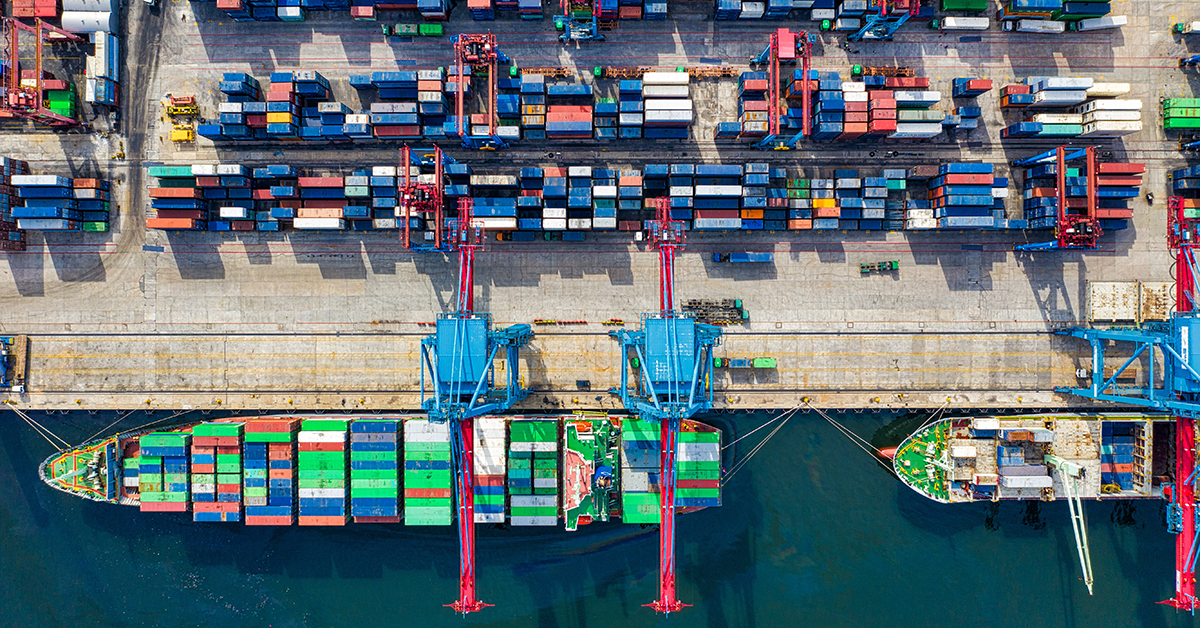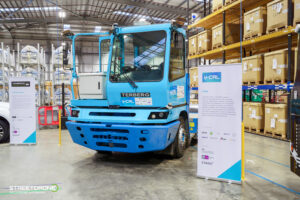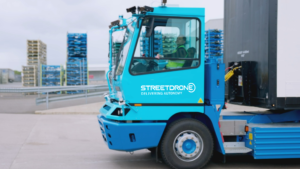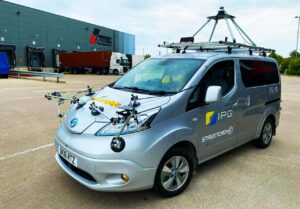The container shipping industry is being transformed as autonomous truck technology enters ports around the world. From improved efficiency to cost savings, autonomous trucks are helping smart ports revolutionise their operations in ways that were previously unimaginable.
For port managers looking for ways to reduce congestion and cut costs, autonomous trucks provide a low-cost, efficient solution for streamlining processes like container loading, moving, and unloading. In this blog post we’ll explore how these cutting-edge technologies are changing the way business is done in port facilities everywhere!
Overview of the container shipping industry
The container shipping industry has experienced significant growth in recent years, with more than 90% of global trade transported by sea. In response to this surge, ports are becoming smarter with the incorporation of technology and data analytics to optimise efficiency and reduce congestion.
With the rise of autonomous technology, there is also a growing debate over the use of autonomous vs classic container movement systems. While autonomous systems have the potential to greatly increase efficiency and safety, they also require significant investment and could be seen as having a negative impact on job opportunities. Overall, the container shipping industry is evolving rapidly, and it is important to stay informed on the latest developments and trends.
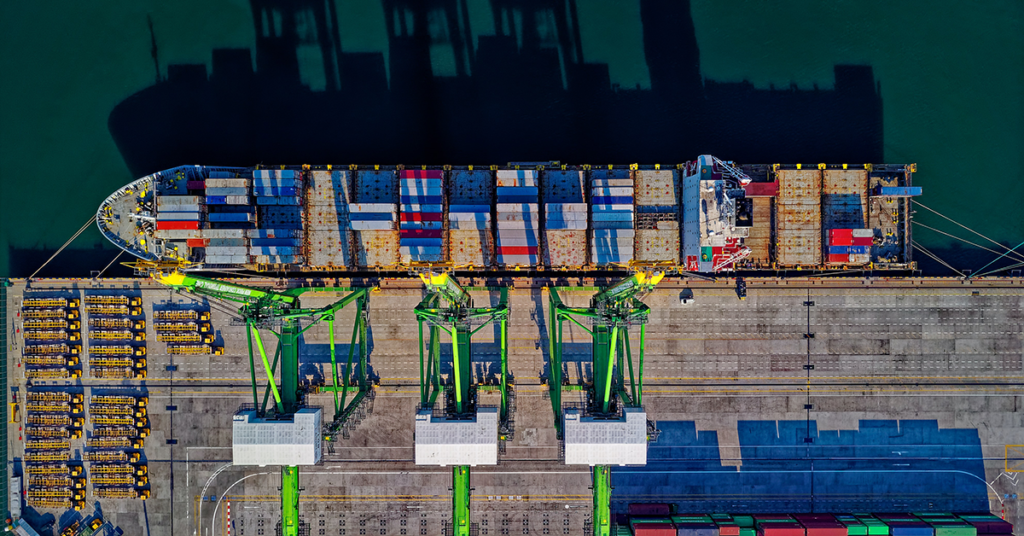
Advantages of using yard tractors for the automation of loading, unloading, and moving processes
As businesses continue to seek ways to streamline their operations and increase efficiency, autonomous yard tractors are quickly emerging as a top choice. These innovative machines offer a range of benefits, including the automation of loading, unloading, and moving processes, which can free up valuable time for workers to focus on higher-level tasks. Yard tractors can also operate around the clock without the need for breaks, which can significantly increase productivity levels.
Additionally, these autonomous trucks are equipped with advanced safety features to help prevent accidents and reduce downtime due to maintenance or repairs. With the advantages of using yard tractors, it’s clear why more and more businesses are turning to automation to improve their operations.
How autonomous truck technology can streamline processes at smart ports
Smart ports around the world are advancing in technology and the use of autonomous vehicles is becoming increasingly common. With autonomous yard tractors and trucks, ports are able to streamline their processes by eliminating human error and increasing efficiency. Autonomous technology has the ability to improve safety, reduce costs, and increase productivity for those in the shipping industry.
Automated trucks are capable of transporting containers across the port at a rapid pace without causing traffic or delays. Autonomous yard tractors can move containers in and out of the port stacking area quickly and effectively.
As these technologies continue to advance and improve, the possibility of self-driving trucks being used on public roads becomes more feasible. Overall, autonomous truck technology is revolutionising the way we think about port logistics and streamlining processes for a more efficient future.
How autonomous trucks are helping decrease labour costs and reduce environmental waste
Autonomous trucks are revolutionising the transportation industry, not only by helping to decrease labour costs but also by reducing environmental waste. With no need for human drivers, these cutting-edge vehicles are capable of operating around the clock without the need for breaks, thereby significantly reducing the need for multiple drivers and increasing efficiency.
Furthermore, by using advanced sensors and routing technologies, autonomous trucks can optimise routes to minimise fuel consumption, ultimately reducing carbon emissions. The benefits of autonomous trucks extend far beyond the transportation industry, as they offer a glimpse into a future where technology can help solve some of the world’s most pressing challenges.
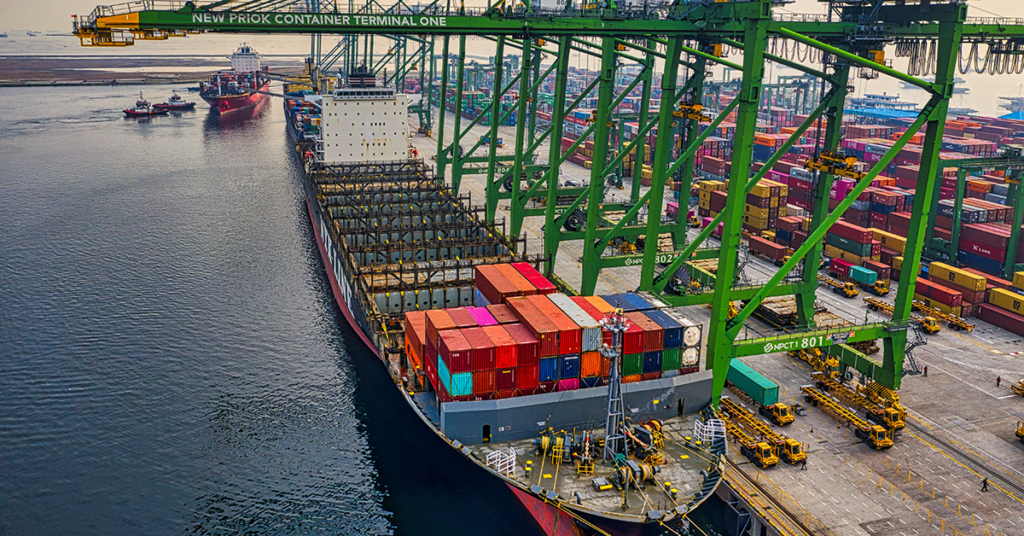
Future challenges for the industry with the introduction of autonomous trucks
As autonomous trucks become more prevalent in the transportation industry, the future poses some unique challenges. While this technology offers numerous benefits, such as increased safety and efficiency, it also brings about a need for new infrastructure investment and regulatory policies.
Autonomous vehicles require more robust communication networks and data processing capabilities, as well as specialised maintenance and repair procedures.
In addition, policymakers will need to address concerns around job displacement and liability in the event of accidents. The industry will need to work together with government officials and other stakeholders to anticipate and solve these challenges as the technology continues to advance.
Benefits of using autonomous trucks from a business perspective
Utilising autonomous trucks can be extremely beneficial from a business perspective. With the ability to transport goods without a human driver, companies can save on labor costs and potentially increase efficiency.
Autonomous trucks can also increase safety, reducing the risk of accidents caused by human error. In addition, these vehicles can operate 24/7, allowing for faster and more efficient deliveries, ultimately increasing customer satisfaction. Overall, the benefits of implementing autonomous trucks in a business’ supply chain can ultimately save money, increase productivity, and improve safety.
Autonomous truck technology has come a long way in the shipping industry and is rapidly becoming an efficient and cost-effective alternative to traditional methods. It can help smart ports streamline their processes, reducing operating costs and freeing up labour time. Moreover, by reducing truck emissions at ports, autonomous trucks provide more environmental friendly solutions for businesses.
Although early adoption of autonomous truck technology has seen many challenges, such as safety concerns, ongoing developments have addressed most of the major issues and are set to offer exciting new possibilities for ports. In the future, smart ports are likely to increasingly make use of this technology for loading and unloading containers due to the improved control over operations that it offers when compared with manual methods.

